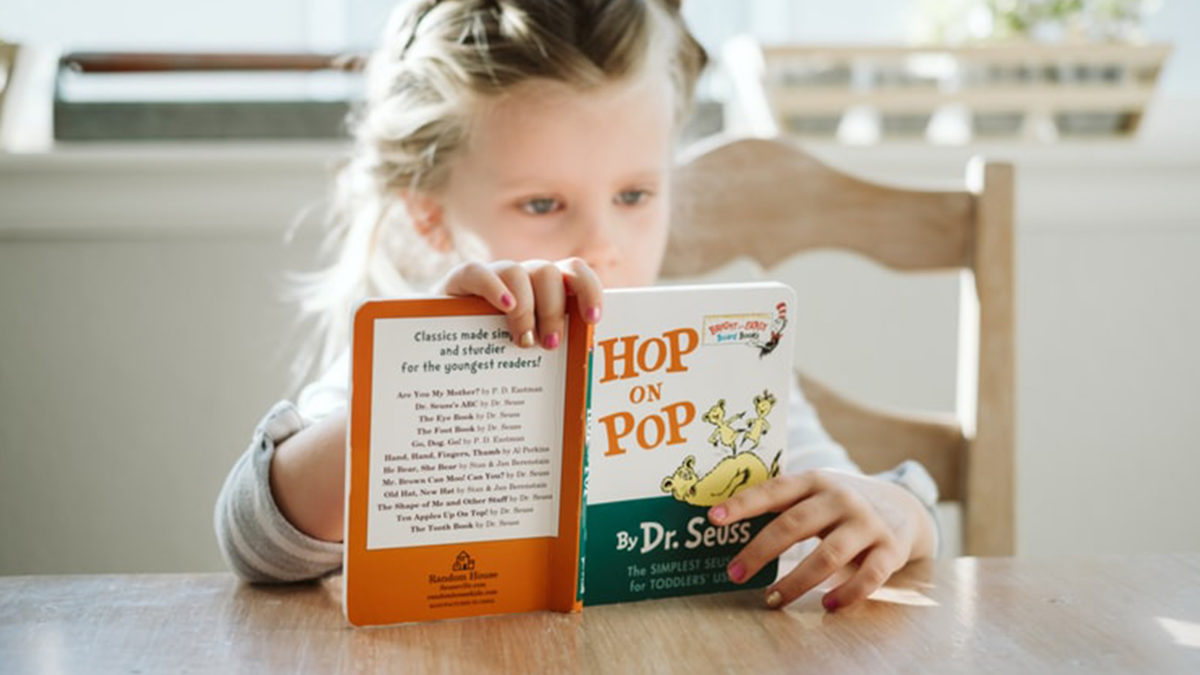
Research Reveals the Impact of COVID-19 on Parental Guilt in the UK
Research has revealed that parents are feeling more guilt than ever before due to the additional pressures caused by the COVID-19 pandemic.
Lockdown has placed families under new and unique pressures since restrictions were first implemented in March last year. As a result, almost three quarters of UK parents are feeling additional guilt, despite having no control over the situation.
The study, which was conducted amongst parents in the UK by leading name label manufacturer My Nametags, found that parental guilt has become a hallmark of modern parenting which has only been worsened by the pandemic.
The most common reasons for parents feeling guilty during lockdown are how bored their children are (31 percent), that they can’t spend time with their relatives (26 percent) and keeping them indoors (26 percent). 10 percent of parents even admitted to feeling guilty that they are not enjoying the extra time they are getting to spend with their children.
Home-schooling has also been identified as a key stress, with 25 percent of parents feeling guilty about not educating their children properly. Government statistics have revealed that over half of parents feel that a child in their household is struggling to continue their education while at home, with just over three quarters of these parents (77 percent) attributing this to a lack of motivation.1 A study by the University of Oxford also confirmed that many parents’ own mental health has suffered due to the additional strains of lockdown.2
Interestingly, women are more likely to suffer from guilt than men, with mums being afflicted eight times more per month than dads on average.
Beyond the impact of COVID-19, the most common cause of parental guilt in the UK is allowing children to have too much screen time, with almost half of parents feeling guilty for letting their youngsters spend too much time on their iPads or in front of the TV. This is followed by not spending enough quality time with their children (33 percent), not playing with them enough (32 percent), and not cooking from scratch (26 percent).
Brits also sweat the small stuff, with some parents reporting feeling guilty about not mending their children’s clothes when they are damaged, writing their children’s names in their clothing instead of sewing in a name label and not ironing all their clothes.
However, the study found that this guilt is often disproportionate. While almost half of parents feel guilty about losing their temper, only 38 percent believe this negatively impacts their children. Similarly, while over a quarter feel guilty about giving their children quick and easy meals, only 14 percent think this genuinely effects their children’s wellbeing, demonstrating that parents even feel guilty about things that they don’t believe have an impact on their children.
Commenting on the findings, Parenting Expert Bea Marshall says: “Guilt is common among all parents and yet it actually makes it harder for us to parent in the ways we aspire. Guilt stems from our fears that how we raise our children may impact their futures. These may be fears about physical and mental health, relationships and social success or financial independence. Our worries may also be related to what others think of us and our children. There is no such thing as a perfect parent but fears that we are falling short can lead to guilt.”
Lars B Andersen, Managing Director at My Nametags, comments: “At My Nametags, we speak to hundreds of thousands of parents every year. With the current COVID-19 pandemic putting parents under more pressure than ever before, we were interested in exploring the concept of parental guilt.
“We were intrigued to find that parents feel guilty about a huge number of things, both during the pandemic and in their normal lives. From not spending enough time with their children, to not ironing their clothes, it is often the small things that parents feel most guilty about. We hope that our research highlights that there is no need for parents to be so hard on themselves, and that opting for convenience, such as using stick-on name labels or cooking using pre-prepared ingredients, will not have a negative impact on their children, and may save them an awful lot of stress.”
Top five most common causes of parental guilt during lockdown:
- How bored children are
- That children can’t spend time with their relatives
- Having to keep children indoors
- Not home-schooling children properly
- Not paying children enough attention when working from home
To find out more about the research, visit https://www.mynametags.com/
More in Education

Stephen Clarke: Leading the Way at the ATOM Festival of Science...
Stephen Clarke, our Principal at Cherwell College Oxford, is not only a distinguished leader and former British diplomat, but also a passionate advocate for science and education. As the Chairman of ATOM Festival of Science & Technology, Stephen plays a pivotal role in bringing world-class scientific discussions and innovations to the heart of Abingdon. Stephen’s leadership ensures that the festival remains dynamic, inclusive, and engaging for people of all ages.

The Story Museum: Bringing Stories to Life in Magical Ways
The Story Museum is no ordinary museum. Nestled in the heart of Oxford, this unique, immersive space is dedicated to celebrating the power of storytelling in all its forms. Whether through interactive exhibitions, live performances, or creative workshops, The Story Museum is on a mission to enrich lives—especially young lives—through the magic of stories.

Unleash Your Potential: AI & Innovation Summer Camp at Cherwell College...
In an ever-evolving world where innovation drives progress, equipping oneself with cutting-edge skills becomes paramount. Cherwell College Oxford proudly presents its AI & Innovation Summer Camp, a transformative journey designed to empower young minds with the tools and insights needed to thrive in the digital age. Here’s why this programme is a must for aspiring innovators:
From this author

Witney MP Support Business
Witney MP Robert Courts visited leading local manufacturer the Rooflight Company to tour the company’s factory in Shipton-under-Wychwood and meet its senior leadership team as the MP continues to champion local businesses.

Shipton-Under-Wychwood Cricket Club Announces New Sponsorship
Shipton-under-Wychwood cricket club and The Rooflight Company are delighted to announce a new sponsorship partnership of the 3rd and 4th XI’s, commencing at the start of next season.

Children in the South East Are Spending an Additional Four Hours...
Research has revealed the impact that spending more time indoors has had on children in the South East.


